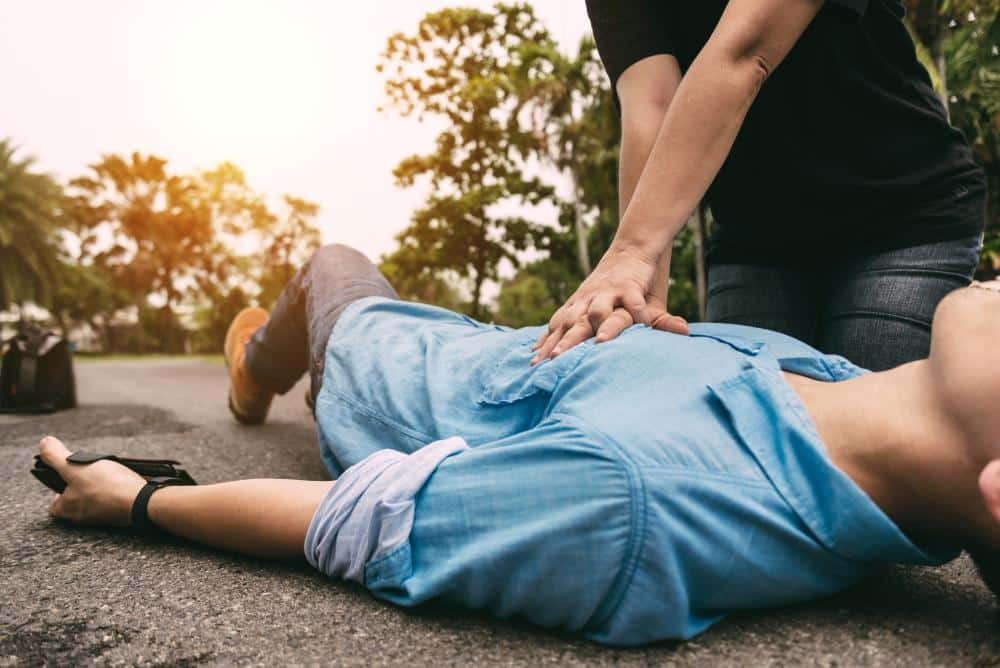Many people ask us if BLS certification is the same as CPR certification. The question makes sense, as the two are similar, and actually have a great deal in common. Because we thought you might have the same question, we thought we’d look more closely at whether BLS and CPR are the same things, and if not, how they are different.
What is CPR Certification
CPR certification is an important qualification for many professions, and for anyone who wants to understand the basics of saving lives. A standard CPR certification is perfect for
- Lifeguards
- Babysitters
- Construction workers
- Coaches
- Teachers and school personnel
In a CPR class you will learn the basics of First Aid, Cardiopulmonary Resuscitation (CPR), and the use of an Automated External Defibrillator. You will learn how to perform chest compressions following the most current guidance from the American Heart Association.
Depending on the course, you may learn adult CPR, or infant/child CPR, and in many cases all of these. You will be taught how to recognize cardiac arrest and how and when to provide chest compressions.
You will learn about rescue breathing and what current research tells us about when to use it. You will learn basic first aid. You will also learn and be able to practice the actual sequence of using an AED.
What is a BLS Certification?
BLS, or Basic Life Support, certification is quite similar to CPR. In fact, BLS includes CPR training and certification. Perhaps the best way to think of CPR vs BLS is that BLS is a more advanced version of the same training.
Generally speaking, BLS certification is for professional rescuers. Professions that may require BLS certification include
- Doctors and nurses
- EMTs and paramedics
- Police officers
- Firefighters
- Advanced Lifeguards
- Dentists, dental assistants, and hygienists
Essentially, you will need to have certification in Basic Life Support (BLS) if your job makes you likely to encounter a medical emergency. That said, anyone can pursue BLS certification if they want to learn the additional skills that BLS training affords.
In a BLS course, you will learn everything you learn in a high-quality CPR course, plus a few additional skills. For example, the Basic Life Support class covers 2 rescuer CPR. It also teaches you how to use a bag valve mask.
These would be skills that would be essential in the medical field. Like a CPR class, you may learn adult, child, and infant life support.
As you can see, BLS and CPR are very closely related, but they feature subtle differences.
Visit AED CPR to learn more about our courses, or to get CPR (or BLS) Certified today!

